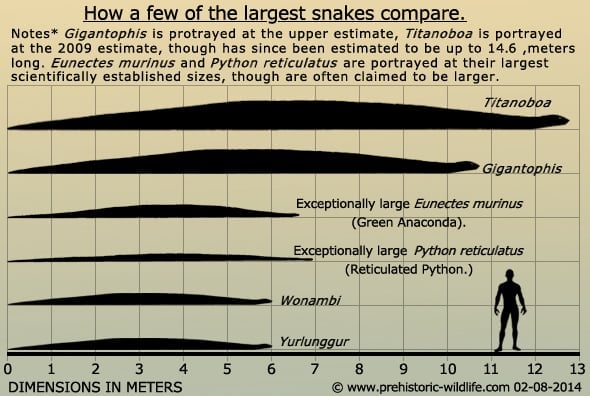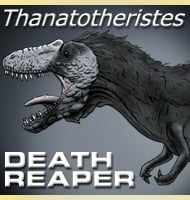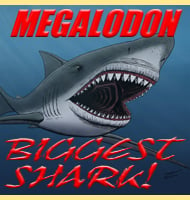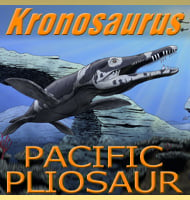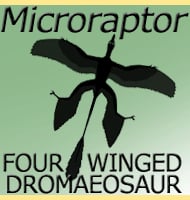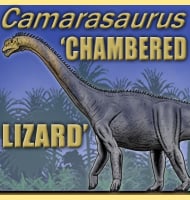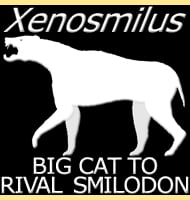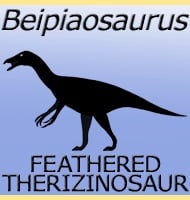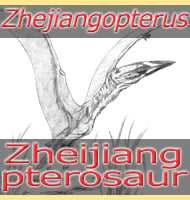In Depth
Along with Wonambi, Yurlunggur is another representative of the madtsoiid group of prehistoric snakes. Yurlunggur was a constrictor which means it coiled around its prey and squeezing it to death. One thing that makes Yurlunggur stand out from other snakes related to it is the fact it has perhaps one of the most completely preserved skulls so far recovered. This skull came from a fresh water area, suggesting that Yurlunggur may have lurked in the water while hunting its prey.
Further Reading
– A new large madtsoiid snake from the Miocene of the Northern Territory. – The Beagle, Records of the Northern Territory Museum of Arts and Sciences 9(1):49-60. – J. D. Scanlon – 1992.
